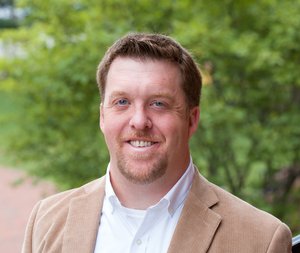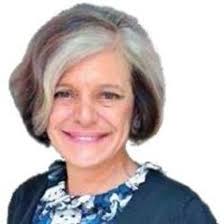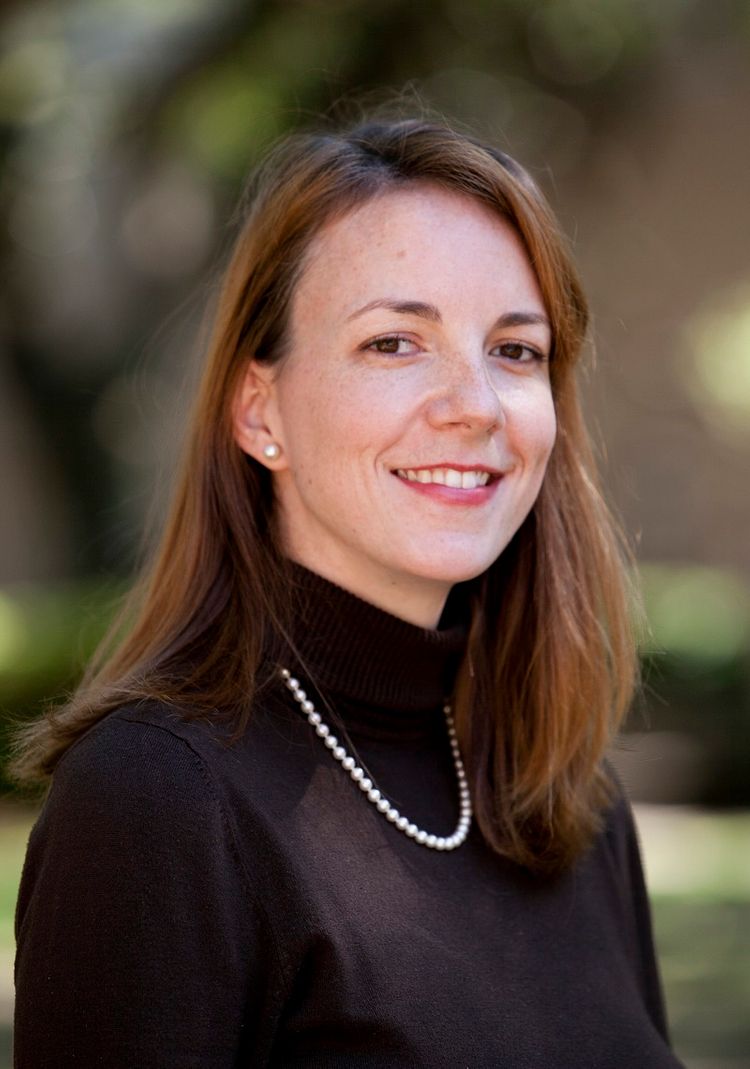4+1 Interview: Josh Eyler

I'm happy to reintroduce 4+1 interviews after a few months' hiatus, where I find someone who is doing something interesting in the world and then ask them four questions, plus a special bonus question at the end. This time I'm pleased to interview Josh Eyler, Director of the Center for Teaching Excellence at Rice University and author of the new book How Humans Learn: The Science and Stories Behind Effective College Teaching.
What was the catalyst for your book How Humans Learn?
When I first moved into the world of teaching and learning centers, I did a lot of reading about pedagogical strategies, both general and discipline-specific techniques. There are some really wonderful resources out there about these methods--what works and how to implement them in your classroom. But one question continued to haunt me: why do some strategies work and others don't? I started doing some of the research that led to this book as a way to answer this question, and it took me into fascinating fields that I had never explored before--fields like developmental psychology and biological anthropology.
Were there any issues or questions that you wanted to address, or wish you addressed, in the book but weren't able to?
There is a point in my chapter on curiosity where I start to talk about our educational systems and why curiosity might fade into the background as students proceed through their educational careers. That section was originally much longer and explored all of the factors that might play into this, including teacher education programs and standardized testing. The section was eventually cut because of length, but I wish I had been able to keep it, because I think these are conversations we need to have as educators.
What were some important things that you learned while writing How Humans Learn?
I learned so much, which was one of the joys of writing the book. It took me 5 years to write this book, because I needed to dive deeply into these scientific disciplines that were largely unfamiliar to me and to become acquainted enough with their methods and findings that I could make claims that scientists felt were credible. That was really important to me. They didn't have to agree with me necessarily, but they did need to find what I was saying to be credible. In a sense, then, I was in a position similar to a student in a series of introductory courses--I needed to build frameworks and connections that were not yet in place, and that took quite a while. The things I was learning about were so interesting too! If I had to single anything out, I would have to say that learning more about evolutionary biology gave me a greater appreciation for the natural world and our fellow animals than I had before I started studying it. I'm grateful for that, and for everything else I learned along the way.
Your "day job" is Director of the Center for Teaching Excellence at Rice, but you're also listed as an adjunct associate professor of humanities. What are some concrete ways that the lessons of your book have made their way into your own classroom teaching, and what are some aspects of your teaching you'd like to improve as a result of your research?
Two big things have changed in my own teaching and lots of smaller things too. The big things, though, include even more prioritization of student agency. In the past, I've had students collaborate to design exam questions and things of that sort, but now we do an exercise at the beginning of the semester where we work together on a classroom compact--a document that lays out ground rules for discussions, guidelines for technology use, etc. Students generate the document together, and I give some feedback along the way. This gives them a sense of ownership over the class climate, and it sets the tone from the very beginning that I am interested in what they have to say and in their own contributions to the course. The other major thing that has changed has been my strategies for grading. My research on failure had a tremendous impact on me, and now all of my undergraduate courses are graded using the portfolio model (which aligns well with the writing courses I teach), and all of my graduate courses utilize contract grading. I want to continue pushing even more toward ungrading over the next few years. As for what I'd like to continue improving on, well, the answer is pretty much everything! I have so many ideas percolating now after finishing the book, but I'd like to pay some immediate attention to the assignments I'm developing and the ways in which they help my students engage their curiosity and take intellectual risks.
BONUS +1: What question should I have asked you in this interview?
How about: what is the best part about writing a book? My answer to that would be that the best part is being finished with it and getting the opportunity to have conversations with others about it. I've already learned a lot from those who have read it and talked to me about the extent to which the ideas fit in their own courses and teaching philosophy.
If you enjoyed this interview, check out these other ones from the past:
- Lorena Barba on Jupyter notebooks and open science.
- Eric Mazur (audio interview) on peer instruction, Montessori education, and Super Bowl picks.
- Diette Ward on how libraries support higher ed.
- Derek Bruff on directing a Center for Teaching and classroom response systems.

